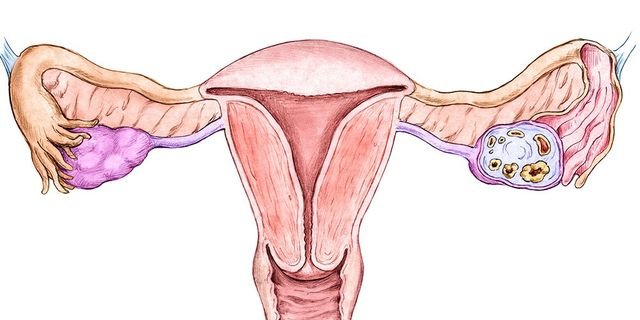Uterine Cancer Diagnosis
Uterine Cancer
Uterine Fibroids
What are Fibroids?
Fibroids, also known as uterine leiomyomas, are benign tumors that develop from the smooth muscle cells of the uterus. They can vary in size, ranging from small, pea-sized growths to large, grapefruit-sized masses. Fibroids can develop within the uterine wall (intramural), on the outer surface of the uterus (subserosal), or in the uterine cavity (submucosal). While the exact cause of fibroids is not fully understood, several factors may contribute to their development, including hormonal fluctuations, genetic predisposition, and estrogen and progesterone levels.
Recognizing the Signs and Symptoms
- Heavy menstrual bleeding (menorrhagia)
- Prolonged menstrual periods lasting more than a week
- Pelvic pain or pressure
- Frequent urination or difficulty emptying the bladder
- Constipation or difficulty with bowel movements
- Pain during intercourse
- Abdominal bloating or swelling
It is important to note that many women with fibroids may experience no symptoms at all, and fibroids are often discovered incidentally during routine pelvic examinations or imaging studies.
Diagnosis and Treatment
Diagnosing fibroids typically involves a combination of clinical evaluation, imaging studies, and sometimes, surgical intervention. While a pelvic exam may reveal an enlarged or irregularly shaped uterus, imaging tests such as ultrasound, MRI, or hysteroscopy may be used to visualize and assess the size and location of the fibroids.
Treatment for fibroids depends on several factors, including the severity of symptoms, the size and location of the fibroids, and the woman's reproductive goals.
Treatment Options:
- Watchful waiting: In cases where fibroids are small and asymptomatic, a "wait and see" approach may be recommended, with regular monitoring to assess for changes in symptoms or fibroid size.
- Medications: Hormonal medications such as birth control pills, gonadotropin-releasing hormone (GnRH) agonists, or progestin-releasing intrauterine devices (IUDs) may help regulate menstrual cycles and reduce symptoms such as heavy bleeding and pelvic pain.
- Minimally invasive procedures: Procedures such as uterine artery embolization, myomectomy (surgical removal of fibroids), or endometrial ablation may be considered to alleviate symptoms and preserve fertility in women who wish to conceive in the future.
- Hysterectomy: In severe cases or for women who have completed their families, surgical removal of the uterus (hysterectomy) may be recommended to provide definitive relief from fibroid-related symptoms.
Complex Uterine Fibroid Surgeries:
Complex uterine fibroid surgeries involve addressing fibroids that are large, numerous, or located in challenging positions within the uterus. These surgeries require a high level of expertise and precision to ensure optimal outcomes for patients.
Myomectomy: One of the most common surgical procedures for treating uterine fibroids is a myomectomy. During this procedure, the fibroids are surgically removed while preserving the uterus, which is particularly important for women who wish to preserve their fertility.
Hysterectomy: In some instances, a hysterectomy – the surgical removal of the uterus – may be recommended, especially for women who have completed their families or whose symptoms are severe and unresponsive to other treatments.
Before recommending surgery, I always take the time to thoroughly evaluate each patient's unique situation, considering factors such as the size, number, and location of the fibroids, as well as the patient's age, reproductive goals, and overall health.
I believe in a personalized approach to care, and I work closely with each patient to develop a treatment plan that is tailored to their specific needs and preferences. Throughout the surgical process, my priority is always the well-being and comfort of my patients.
In conclusion, complex uterine fibroid surgeries require a specialized skill set and a personalized approach to care. As a surgeon with expertise in this field, I am dedicated to providing the highest quality care for my patients, helping them navigate their treatment options with confidence and peace of mind. If you or someone you know is struggling with uterine fibroids, I encourage you to seek out a qualified specialist who can provide the guidance and support you need.

